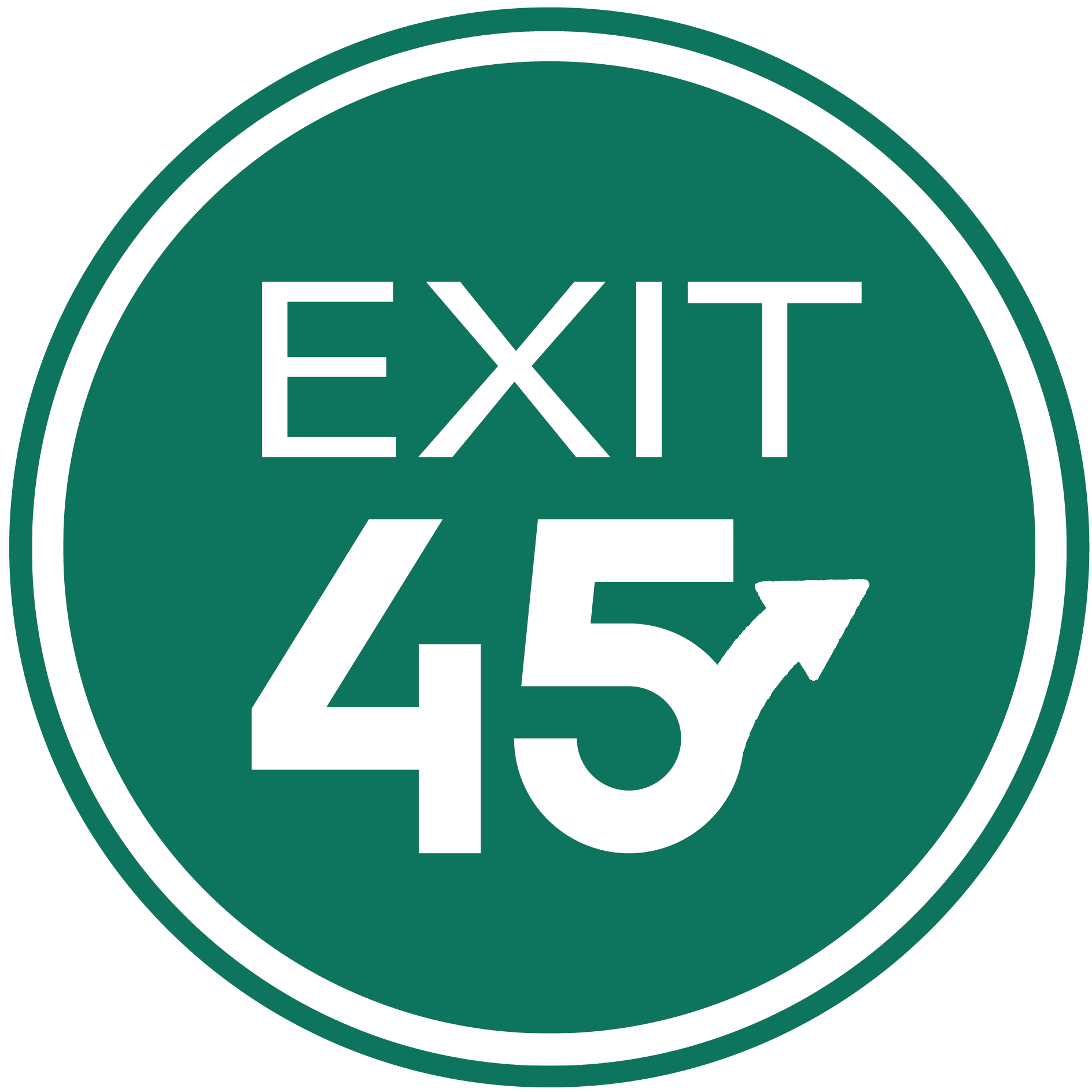Why You Need to Develop a Business Exit Plan - NOW
In the last issue (#3), we examined reasons for some Amazingly Poor Business Exit Planning Statistics. This issue explains Why You Need to Develop a Business Exit Plan – NOW.
"Create a definite plan for carrying out your desire and begin at once, whether you are ready or not , to put this plan into action." Napoleon Hill
Why You Need to Develop a Business Exit Plan - NOW
Leading financial researchers report that 75% of U.S. businesses never sell. Startling, but true! The #1 reason businesses are not sold is because owners fail to plan for the sale of their business in advance of their desire to do so. It’s a good time to look ahead to Issue #23 of this newsletter series where we identify “66 Obstacles to a Successful Business Sale.“ It is a fact that most businesses are not saleable until the obstacles are identified, addressed and minimized. And it takes time to minimize the identified obstacles.In his 15th edition of The Business Reference Guide, Tom West attempted to answer the question: What percentage of businesses are ultimately sold? Because business sales are private transactions, Tom acknowledges it is an impossible task, but he goes on to provide an educated guess.
Our newsletter series identifies 66 potential obstacles to a successful business sale. You need assistance to identify the ones that apply to your business and it takes time to overcome them. A business is not usually saleable until its obstacles are identified and satisfactorily addressed.
Considerations in Developing Your Exit Plan
The 66 obstacles to a successful business sale are not the only reason you should start planning your exit NOW. A strong exit plan will take into account the following considerations:
1. What are your personal goals?
- Have you considered the goals of other family members?
2. What is your existing personal financial situation?
- Can you afford to sell?
- What percentage of your net worth is represented by the value of the business?
- Are you diversified enough, or is your wealth primarily tied up in your business?
- If you intend to retire, how much savings are needed to maintain the lifestyle you desire?
3. Are you mentally/emotionally ready to leave the business?
- What will you do with your time after you exit your business?
4. What legacy do you want to leave?
- Have you considered how your decisions affect other stakeholders – co-owners, your spouse, your children and their spouses, your key employees, your customers/clients and your vendors/suppliers?
5. What if you die unexpectedly?
- Do you have a contingency plan to protect your family’s wealth?
- Without a contingency plan, do you realize that the value of your business could drop significantly as a result of your absence from the business?
- Do you have adequate insurance coverage?
6. What are your exit options? And what are the advantages and disadvantages of each?
- Transfer the business to other family members?
Sell the business to employees? - Sell your share to other co-owners?
- Sell to a third party individual?
- Sell to a private equity group?
- Sell or merge with a company making a strategic acquisition?
- Recapitalize the business by obtaining outside investors with the goal of participating in significant growth of the business before you depart?
- Liquidate the business assets?
7. What are the tax implications of the sale or transfer of your business?
- How can you minimize taxes to maximize your net proceeds?
- Have you developed an estate plan that considers tax implications?
8. What is the value of your business?
- How are businesses valued
- Does the exit option you choose affect the business valuation?
9. When is the best time to sell your business?
- Is the business saleable?
- What needs to be accomplished to make the business saleable?
10. How can you improve the value of the business?
11. How should you invest the proceeds received from the sale of your business?
Which professionals do you turn to for advice?
To answer the question above, in the course of developing your exit plan, depending on your individual situation, you may find yourself talking with your CPA/accountant, an income tax specialist, your attorney, a personal financial planner, an estate planner, investment advisors/managers, professional business appraisers, real estate appraisers, insurance professionals, employee benefit specialists, business/management consultants, business brokers and/or merger and acquisition intermediaries.
In addition, you may need to determine the competency of your existing advisors in the specialty area of exit planning. Some professionals offer exit planning as a sub-specialty of their primary services. In addition, a fairly recent profession of dedicated exit planners is emerging. It helps to have one professional take the lead in coordinating the efforts of the other professionals in developing your exit plan.
You Need Time To Develop Your Exit Plan
Given the above list of considerations in developing your exit plan, as well as the overwhelming number of obstacles to the successful sale of a business, hopefully it is obvious that you need time to develop your exit plan. Ideally, you should have started thinking about your exit plan the day you started or acquired your business. If not, you’ll be fine if you start the process three to five years from your anticipated departure. If you have a longer-term horizon, it’s never too early to start. An untimely death or crisis can occur at any time. Start planning your business exit NOW!
Everything you want also wants you. But you have to take action to get it." Jack Canfield
Overcome the Power of Inertia
Overcome the Power of Inertia and call a business broker for a free consultation. Many brokers offer no-charge, no-obligation evaluations of small businesses. They can provide a broker opinion of value and help you identify obstacles to a successful sale as well as opportunities for improvement to increase the value of your business. That is a great way to start planning for a successful and profitable exit from your business.

